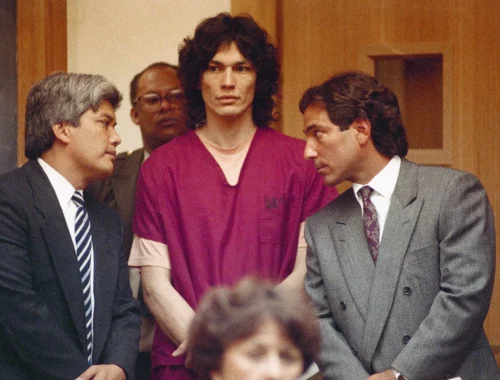
How Many Teeth Do Adults Have?
The average adult has 32 teeth in their mouth, at least for a while. You may not keep them all for long and, of course, if you lose an adult tooth you won’t grow a new one back again. Let’s take a quick look at how many teeth you’re supposed to have, how many you start with, and what kinds of teeth you actually have in there.
Do You Have More Baby Teeth or Adult Teeth?
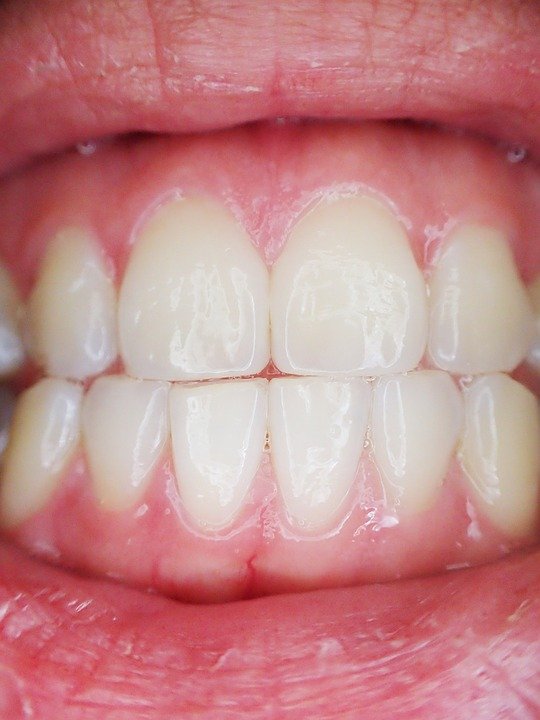
As a baby you start life with no teeth at all. They will start growing in as soon as three months but it can actually take all the way until the child is two for them to grow in fully, maybe even a little longer. By that time a child will have 20 teeth in their mouth. That’s 10 on top and 10 on the bottom. They are typically just called baby teeth but sometimes they are referred to as milk teeth or deciduous teeth.
Children have two molars on each side of their mouth, top and bottom. There are two canines top and bottom and finally four incisors top and bottom.
Despite the name, adult teeth may start growing in as early as five years of age. For that reason they are also referred to simply as permanent teeth. The reason we start with this smaller set is simply because we are smaller people. Children don’t have jaws big enough to accommodate a full set of 32 teeth so you start out with a smaller practice set, basically.
When your adult teeth start growing in, your jaw has grown larger and therefore there is room for additional teeth. Most of us will have a full set of adult teeth by our mid to late teens.
Do Humans Have 32 or 36 Teeth?

Knowing that you’re meant to have 32 teeth can still lead to a degree of confusion among some people. The problem arises when you factor in your wisdom teeth.
In an adult’s mouth, you have 32 teeth. That breaks down as follows:
- 8 incisors. This doesn’t change from baby teeth to adult teeth, you just have larger incisors. These are the four teeth on top and the four on the bottom right at the front of your mouth. They are chisel shaped and are used for holding and cutting food. They can also help you sense the texture of the food you’re eating.
- 4 canine teeth. This is also the same as what you have as a child. Two canines on top, on either side of your incisors, and two canines on the bottom on either side of your incisors. Like the fangs of animals, these teeth are used for tearing into foods that your incisors would not properly be able to cut very well on their own.
- 8 premolars. This is the first major difference between a child’s mouth and an adult’s mouth. A child has no premolars but, as an adult, two premolars grow in next to each canine for a total of 8. Also called bicuspids, these teeth are used for cutting and tearing food, similar to canines.
- 12 molars. These teeth have a broad and flat surface. While your front teeth are able to cut or tear food into smaller pieces, the molars are used to grind those pieces down into easy to swallow portions. This is the other big difference between an adult mouth and the mouth of a child. You get four additional molars at the back of your mouth to bring you to 32 teeth total.
Do Wisdom Teeth Count in the Total?
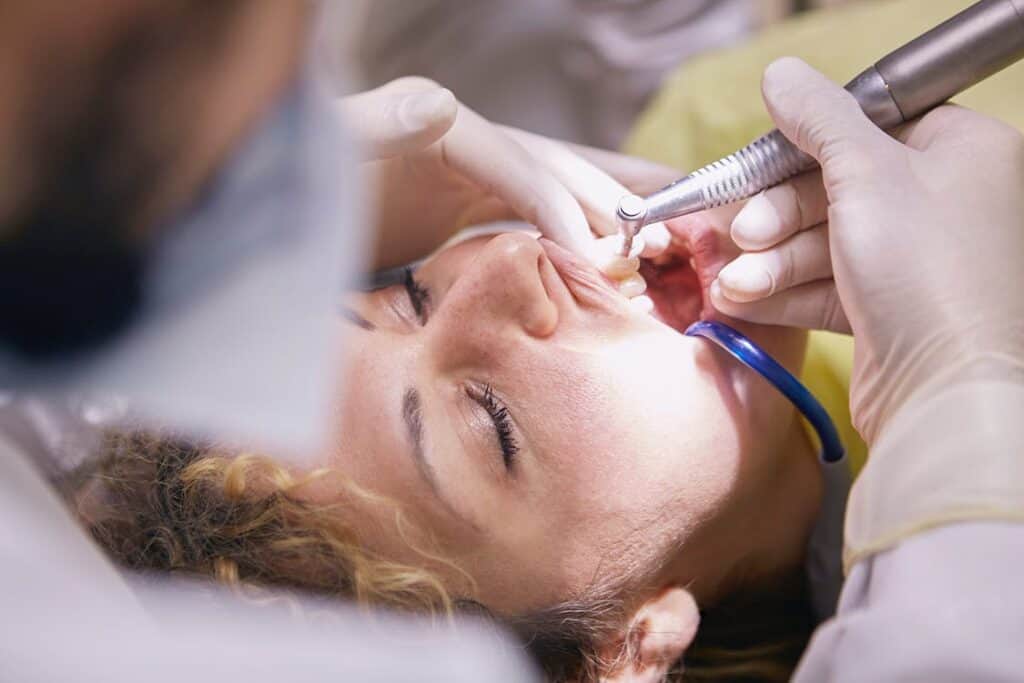
Some people believe you end up with 36 teeth because of the four wisdom teeth that grow in. But the wisdom teeth are actually the four extra molars you get to bring the total to 32. So, if you get your wisdom teeth out, you’ll actually only have 28 teeth.
Wisdom teeth don’t always fit in your mouth and they can be very painful when they grow in as a result. Wisdom tooth pain can get incredibly intense and it does not let up. The lack of room forces them to grow close to the nearest molar, sometimes pushing them in a way that can lead to extreme pain and damage. So, often, all or some of the wisdom teeth are removed.
It’s believed that wisdom teeth evolved long ago when humans needed bigger and stronger jaws to chew much harder to eat foods. But as we became more advanced in terms of farming and cultivating easier to eat food, we had less need for powerful jaws and the wisdom teeth became mostly useless.
Around 85% of people will have their impacted wisdom teeth removed. The procedure is usually done when someone is in their late teens and early 20s. Even if it doesn’t seem like it needs to be done, it’s usually better to do it anyway. The wisdom teeth can cause trouble further down the road and also the process of removing them gets harder the older you get. Recovering can take longer as well.
On the other hand, for that 15% of people, wisdom teeth don’t cause any issues at all and they can live life comfortably with them.
How Many Teeth Does the Average 60-Year-Old Have?
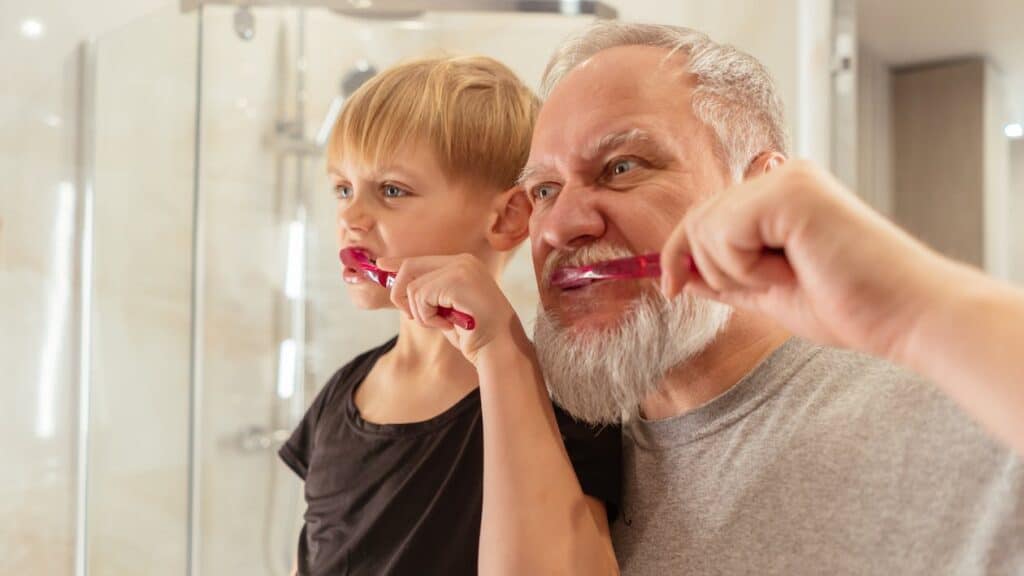
The older you get, the less likely you are to retain all of your teeth. This is not technically a natural process and is more the result of the stress of time, poor diet, poor dental hygiene, periodontal disease and so on. Your teeth need to be well maintained to keep them so while it’s possible a 60-year-old will have all of their healthy teeth, the average person in their 60s seems to have about 22.
According to statistics, about 178 million Americans are missing at least one tooth. Of that, 40 million are actually missing all of their teeth.
Between the ages of 27 and 34 the average American has 27 teeth, so you’re already down one even after the wisdom teeth have come out. At 49 years old the average person has about 25 teeth. By age 76, around 26% of people have no teeth at all.
Can You Have More Than 32 Teeth?
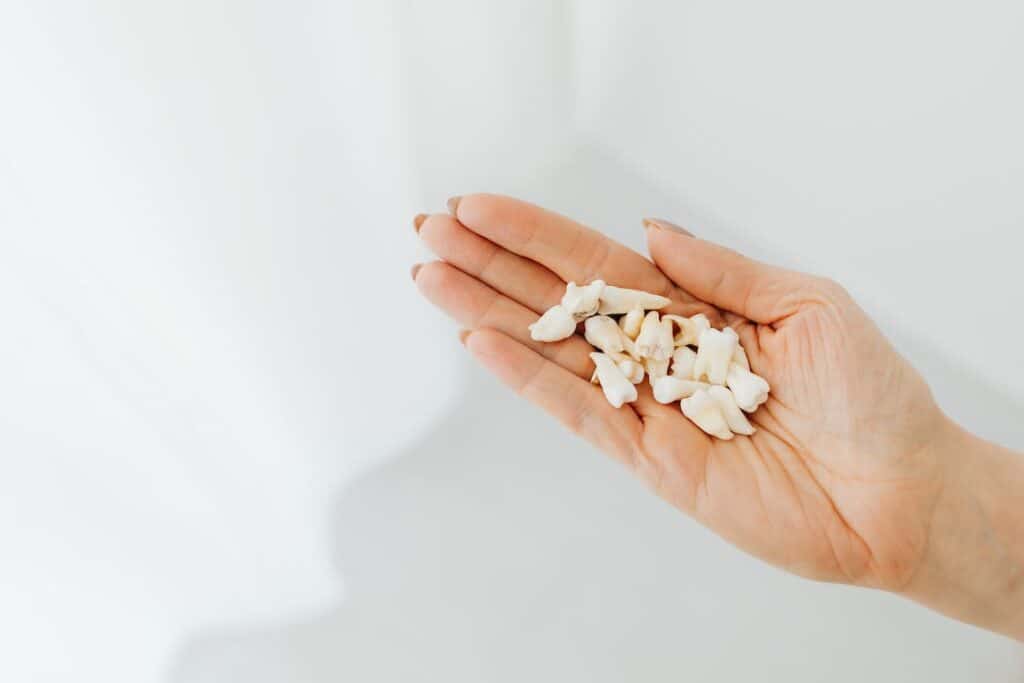
It’s possible to have more than 32 teeth but it’s not usual and is typically the result of a genetic condition or mutation of some kind. The Guinness Record for the most teeth is 41, documented in the mouth of a man from Montreal, Canada.
There are also reports of some people being discovered with literally hundreds of teeth in their mouths. While these are not fully confirmed, they also detail the surgeries to remove many tiny fragments, some barely a millimeter in size, which don’t really fully qualify as teeth in a way most of us would recognize them.
Regardless of how it happens, it is possible to have a few extra teeth in there so if you count 33 one day, know that you’re not alone.
The Bottom Line
The average adult mouth should have 32 teeth in it once every tooth has come in and none have been removed. However, because wisdom teeth often don’t fit in the mouth well and can cause pain, those four are often removed. That means, after the procedure, many adults will have 28 teeth as opposed to 32. Tooth decay, gum disease and are conditions may also affect how many teeth adults end up having.
You May Also Like
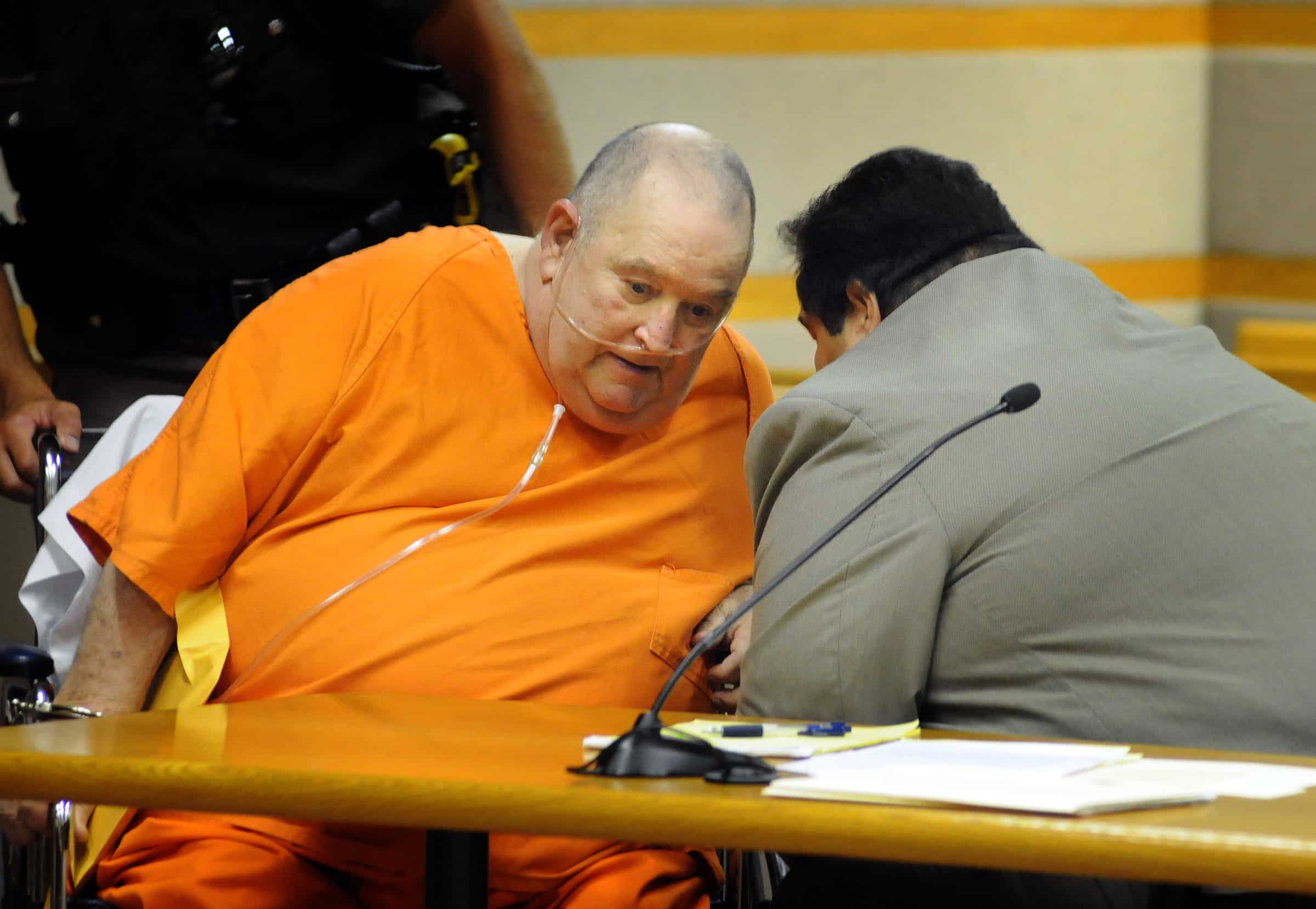
10 Vicious Serial Killers from Ohio
October 24, 2018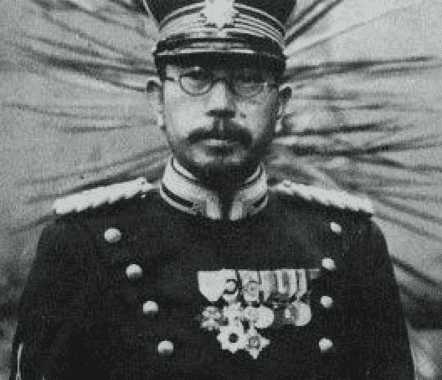
15 of the Most Evil People in History
January 24, 2023